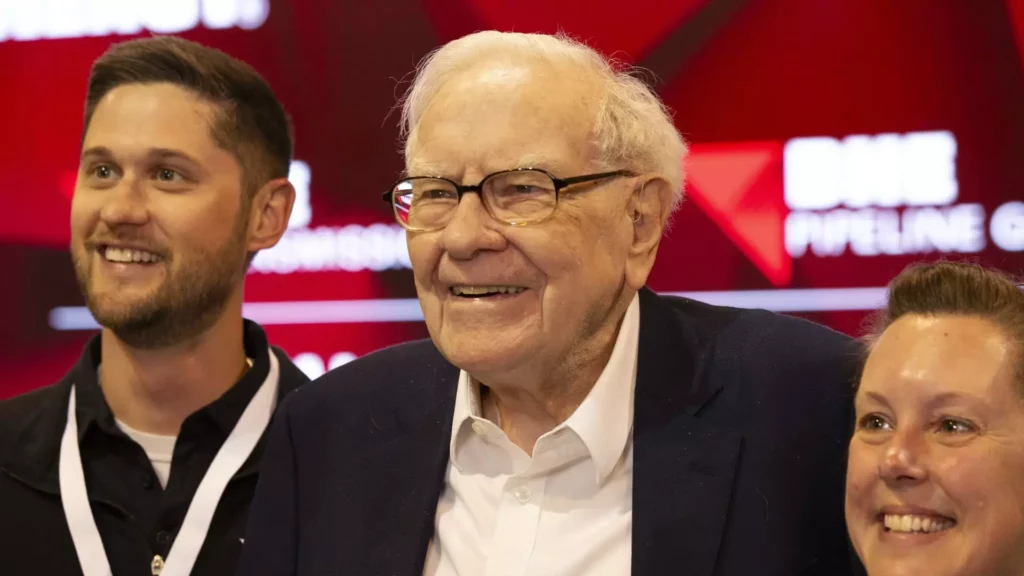Warren Buffett’s Berkshire Hathaway has made headlines again with its increased stake in SiriusXM, now holding a substantial 32% of the satellite radio service. This move comes as Berkshire acquired approximately 3.6 million shares for $87 million in recent transactions. Such a significant investment highlights Buffett’s continued belief in the potential of SiriusXM, despite the skepticism surrounding the stock’s performance and its position in a fiercely competitive media industry.
The backdrop to this investment is the recent strategic merger involving Liberty Media, under billionaire John Malone, which saw the consolidation of tracking stocks with SiriusXM’s broader operations. This reshuffling is part of Malone’s overarching strategy to streamline his media holdings, an approach that included separating the Atlanta Braves into a distinct public company. Notably, this restructuring has implications for SiriusXM’s stock buybacks and overall financial maneuverability, especially as it faces a 12% reduction in share count, which may inhibit stock repurchase plans until 2027, as pointed out by analysts.
Despite Berkshire’s considerable investment, the market sentiment on SiriusXM remains largely pessimistic. With only five of the fourteen analysts rating the stock as a buy, there are significant concerns about the company’s long-term growth trajectory. JPMorgan analyst Sebastiano Petti has recently assigned an underweight rating, emphasizing apprehensions regarding SiriusXM’s demographic challenges and its effectiveness in reaching a wider audience. This scrutiny reflects broader issues within the media landscape as companies wrestle with subscriber retention and shifts in consumer behavior.
Interestingly, this push into SiriusXM follows a less successful venture into Paramount Global, which Buffett exited earlier this year at a loss. Such experiences likely serve as critical lessons for Buffett and his team, making them more judicious in their current strategies. Historically, Buffett has expressed his concerns about the oversaturation of the streaming industry, where numerous entities vie for the same audience, resulting in fierce competition and price wars that could render investments risky.
As Berkshire Hathaway navigates this complex investment landscape, questions arise about the future of both SiriusXM and the broader audio and media market. Will Berkshire’s sizable stake translate into a successful turnaround for SiriusXM, or will it find itself mired in ongoing subscriber losses and an unresponsive market? With Buffett himself remaining silent on his rationale for this investment, there lies an intriguing uncertainty about whether this strategic move is an astute gamble or a miscalculation in an evolving entertainment ecosystem.
While Berkshire’s investment may signal confidence, the challenges SiriusXM faces cannot be overlooked. As the media landscape continues to transform, both Buffett and SiriusXM will need to adapt to ensure their longevity and success in a highly competitive arena.

